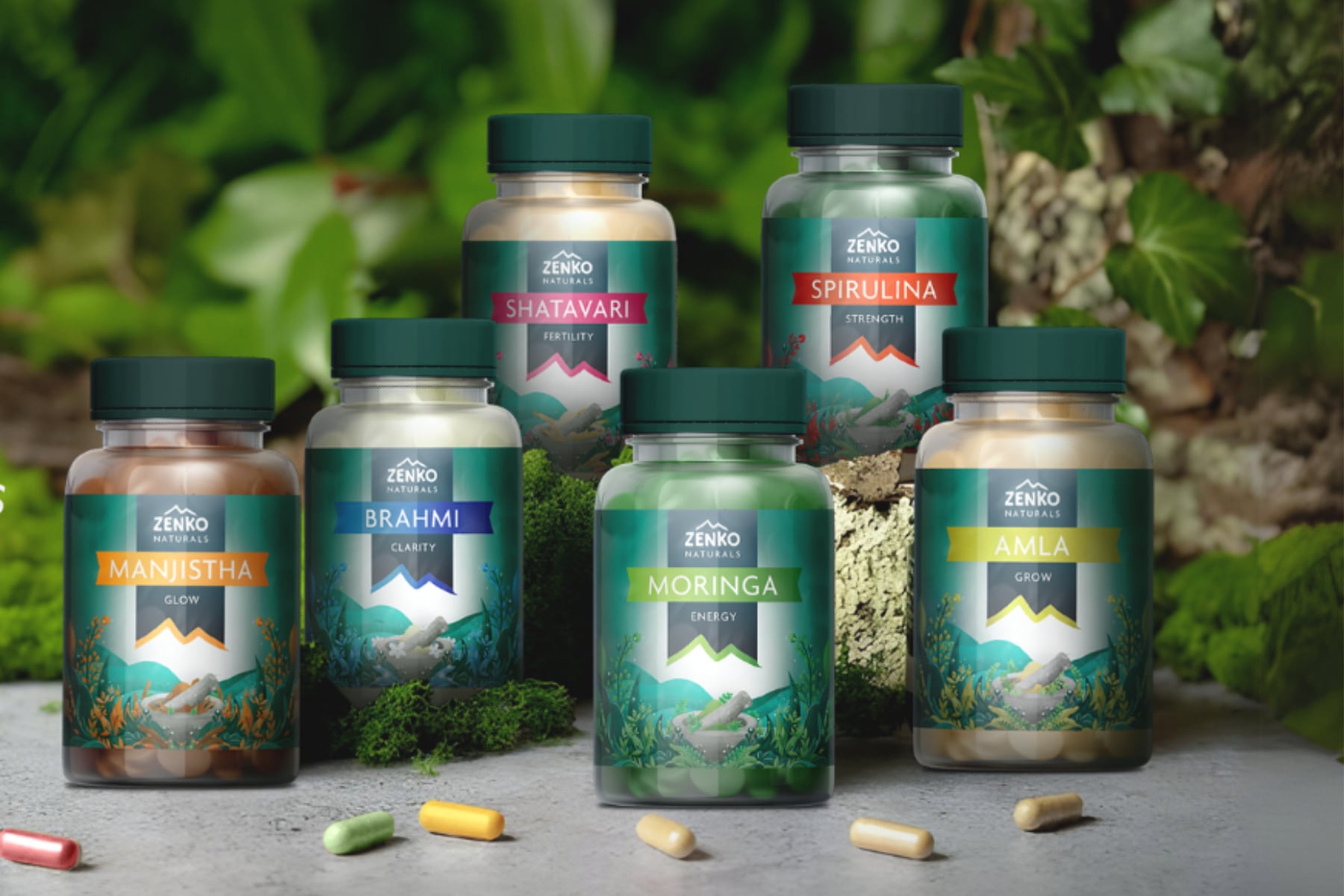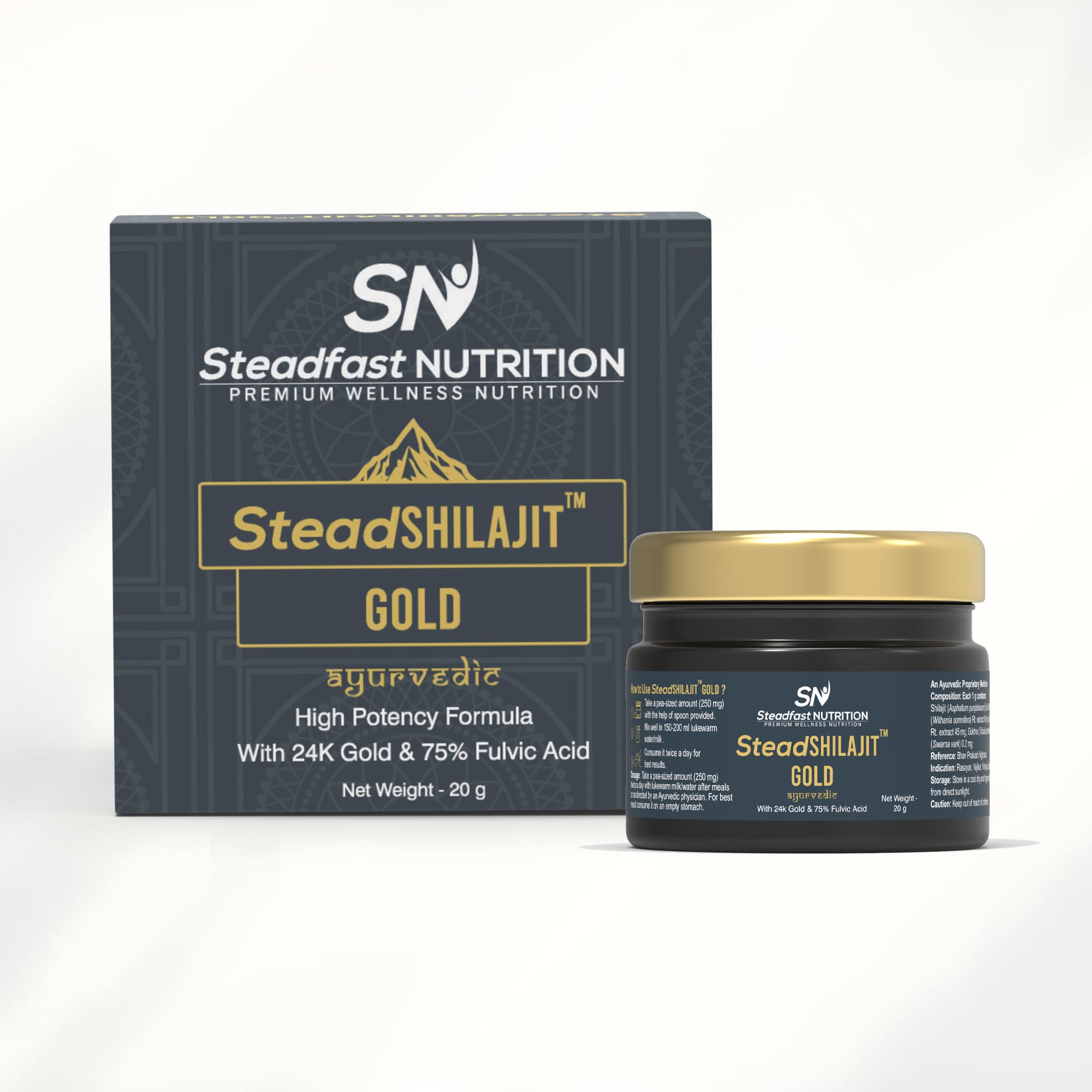This is according to Singapore-based Zenko, which specialises in traditional superfood snacks such as puffed sorghum cereal and water lily (makhana) pops.
The firm has expanded its product line with a recently launched supplement range featuring Ayurvedic ingredients.
The range covers sports performance, women’s health, and cognitive wellness, using ingredients such as moringa for energy, amla for hair health, neem for skin, and brahmi for cognitive function.
Each product uses whole roots or leaves, ground into powder and encapsulated without artificial additives.
Zenko founder Wouter Duyck said the minimally processed approach stems from a desire to preserve traditional wisdom rather than reinvent the wheel.
Traditional remedies that have stood the test of time
He explained that the demand for traditional remedies is gaining popularity due to loss of confidence in Western medicine following the COVID-19 pandemic.
“People are turning back to things that have been proven with no side effects.
“Neem and turmeric, for example, have been used for hundreds of years. They’re antibacterial, support the immune system, and reduce inflammation.
“These same herbs often form the basis of modern pharmaceuticals, but end up processed and mixed with additives,” said Duyck.
He believes natural supplements also offer greater flexibility, allowing users to tailor intake based on personal needs.
For ashwagandha, Zenko recommends a maximum of six to eight capsules daily, though individual responses may vary.
“Personally, I take about four, sometimes two,” said Duyck, adding that dosage is based on guidance from an Ayurvedic doctor at their FDA-licensed lab.
Because capsule content can vary from 300mg to 375mg depending on powder density, the number of capsules taken daily may differ.
“We’re moving away from the Western mindset that ‘one pill fits all’.
“With ashwagandha, you might feel its effects after just two or three capsules, depending on your stress levels, since it’s an adaptogen. Through trial, you’ll figure out what works best for your body,” said Duyck.
He emphasised the importance of consulting an Ayurvedic practitioner before use, noting that dosage guidelines are refined continuously based on ongoing research.
“Because these are natural and free from additives, they’re generally gentler on the body compared to many conventional supplements.”
Traceable and natural alternatives
According to Duyck, mainstream supplements often cause side effects such as digestive issues, which he attributes to artificial additives and overly complex formulations.
He said: “As an athlete, I used to take many of such supplements, but they were hard on my stomach.”
This prompted the brand to explore natural options that will be easier to absorb and gentler on the body, which Duyck observes are still lacking in the market.
He said: “We wanted to do something different, and that is using Ayurvedic ingredients that have stood the test of time, while adding transparency to make them trustworthy.”
Zenko’s packaging includes a QR code that lets consumers trace ingredient origins down to the farm level.
The transparent bottles are also intended to offer more visibility so that consumers can see what they are paying for.
Zenko is now looking to expand beyond Singapore, such as the Middle East, where demand for India-sourced ingredients is on the rise.
While Duyck believes there is a wealth of Indian ingredients with functional benefits that remain largely unexplored by global brands, he is open to exploring traditional ingredients from other cultures and regions.
He described India as Zenko’s first “blank canvas” and sees South America as the next region to explore for harnessing traditional ingredients for modern lifestyles.
“I’m fascinated by Chinese mushrooms, for example. But the Chinese have already mastered the use of most of their ingredients, so I’d have to think very hard to come up with something new.
“South America, on the other hand, is still full of untapped potential with superfoods like açai and their various berries,” said Duyck.





